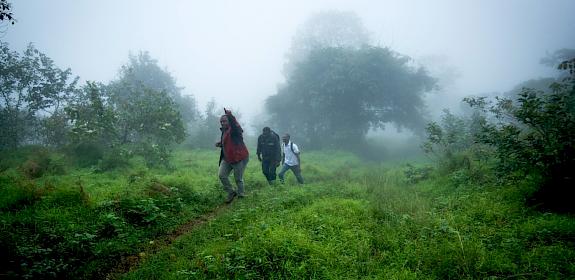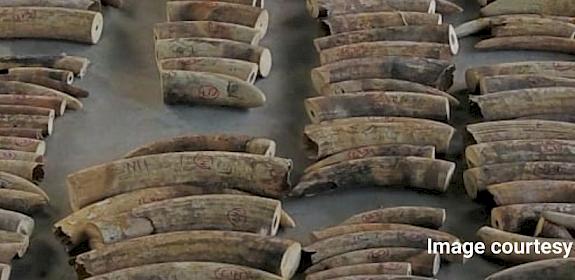Rhino poaching in South Africa reaches new high
South Africa, 12th January 2011—A total of 333 rhinos were illegally killed in South Africa in 2010, including ten critically endangered Black Rhinos, according to national park officials.

The yearly total is the highest ever experienced in South Africa and nearly triple 2009 when 122 rhinos were killed in the country. An additional six rhinos have been lost to poaching since the New Year.
Kruger National Park, the world famous safari destination, was hardest hit losing 146 rhinos to poaching in 2010, authorities said. The park is home to the largest populations of both White and Black Rhinos in the country. Nationwide, South Africa is home to approximately 21,000 rhinos, more than any other country in the world.
Rhino poaching across Africa has risen sharply in the past few years, threatening to reverse hard-won population increases achieved by conservation authorities during the 20th century.
The first alarming yearly spike occurred in 2008 when 83 rhinos were lost. South Africa has responded by intensifying its law enforcement efforts, and made approximately 162 poaching arrests last year.
The recent killing increase is largely due to heightened demand for rhino horn, which has long been prized as an ingredient in traditional Asian medicine. It has been claimed recently that rhino horn possesses cancer-curing properties, despite there being no medical evidence to support the assertion.
“Only a concerted international enforcement pincer movement, at both ends of the supply and demand chain, can hope to nip this rhino poaching crisis in the bud,” said Tom Milliken, Director of TRAFFIC’s East and Southern Africa programme.
Milliken pointed to recently established co-ordination links between officials in South Africa and Viet Nam, the country heavily implicated in the recent poaching surge.
The current wave of poaching is being committed by sophisticated criminal networks using helicopters, night-vision equipment, veterinary tranquilizers and silencers to kill rhinos at night while attempting to avoid law enforcement patrols.
“The criminal syndicates operating in South Africa are highly organized and use advanced technologies. They are very well co-ordinated,” said Dr Joseph Okori, WWF African Rhino Programme Manager. “This is not typical poaching.”




